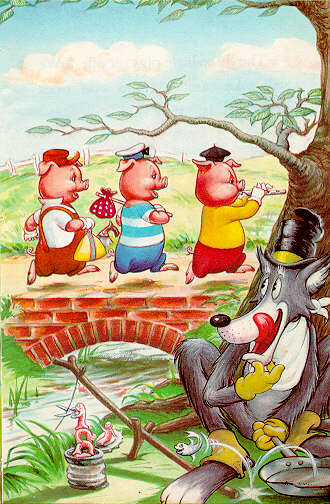CRITICAL THINKING
Critical thinkers tend to:
1. Search for reasons
It is not just complaining about the troubles, they find the reasons for what those things happened and the ways for solving them. They are not satisfied with what they see, they always look for more.

2. Use credible sources
Critical Thinkers find real sources for supporting their ideas (authors, knowledge authority), in order to have a better domain of the information for creating them.

3. Exhibit sensitivity to others' feeling and depth of knowledge
People who have "Critical Thinking" cooperate with the community all the time, they do not think just in an individual way, they think for helping other people.





